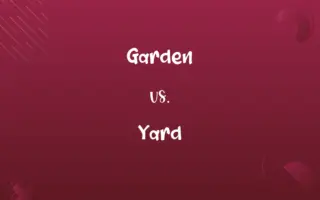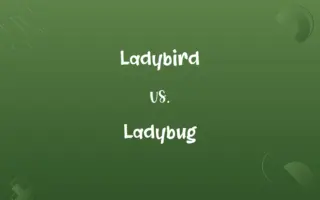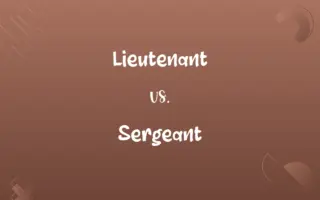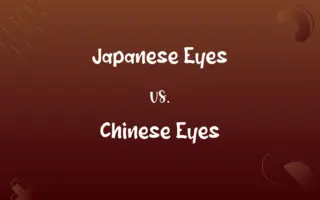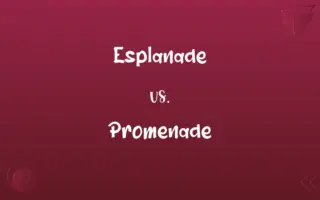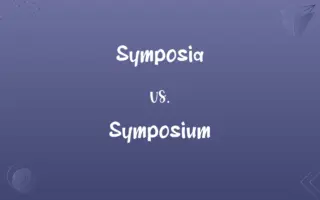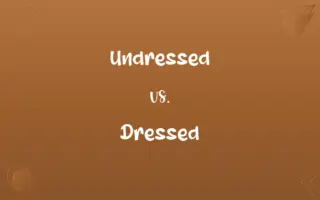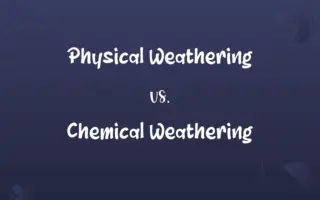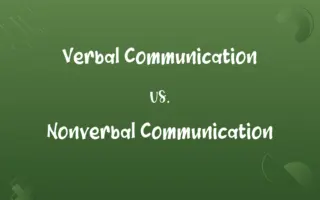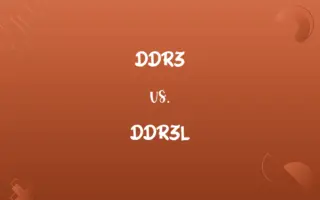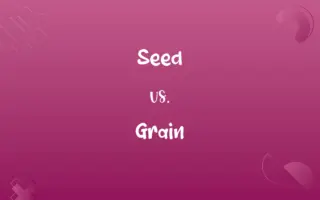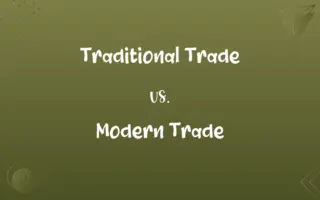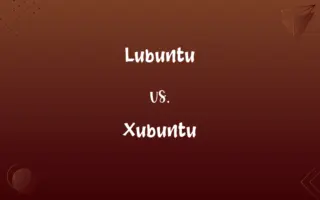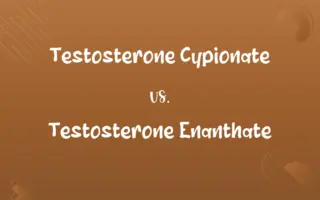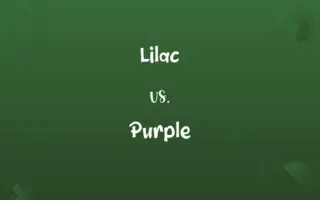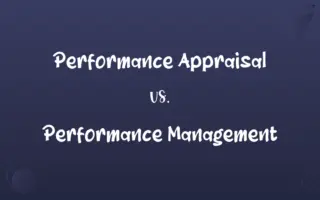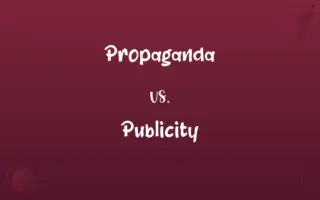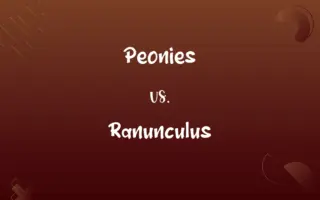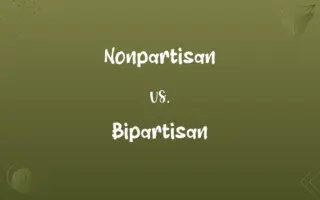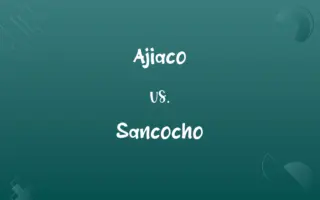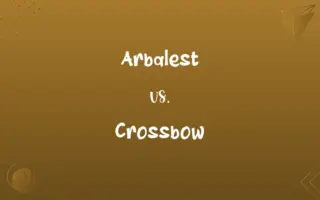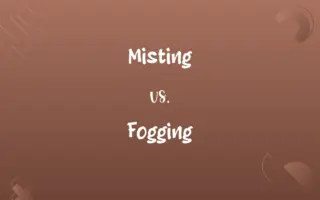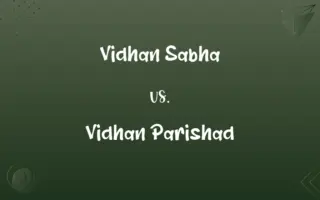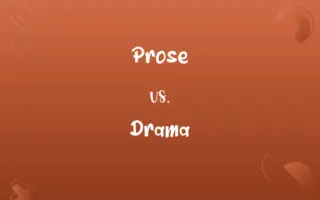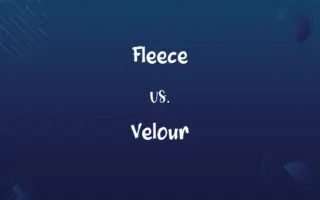Vernacular vs. Vocabulary: Know the Difference

By Shumaila Saeed || Updated on December 25, 2023
Vernacular refers to the everyday language spoken by people, while vocabulary is the range of words known and used within a language or by a person.
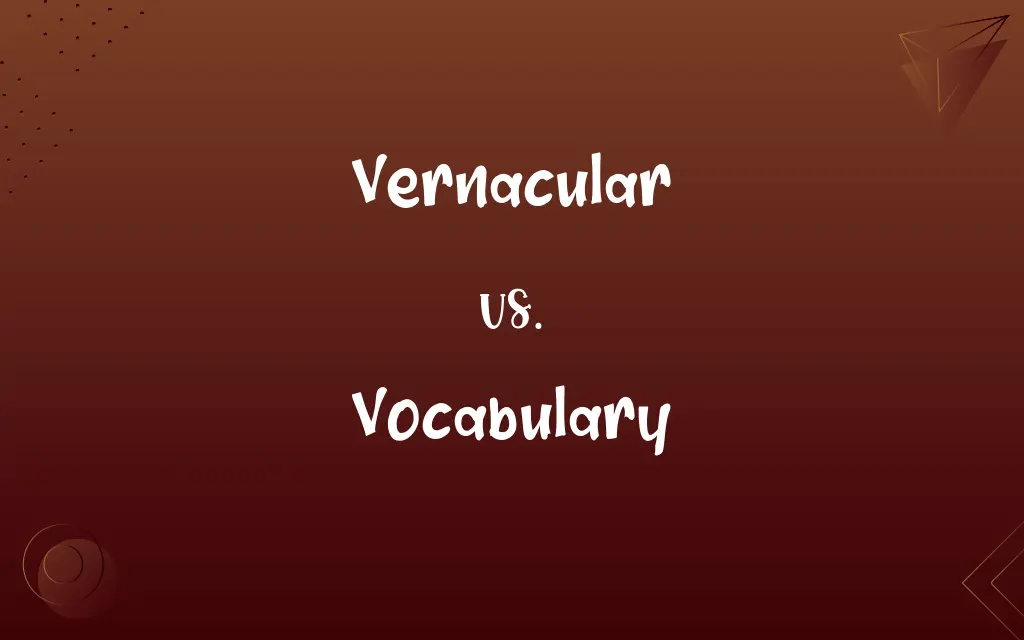
Key Differences
Vernacular is the language or dialect spoken by the ordinary people in a particular region or country, characterized by its everyday usage and regional nuances. Vocabulary, on the other hand, comprises the words available or used in a language, or by an individual, for communication.
Shumaila Saeed
Dec 01, 2023
While vernacular is about the specific way language is used in daily life by certain groups, vocabulary refers to the collection of words that an individual knows or uses, regardless of language or dialect.
Shumaila Saeed
Dec 01, 2023
Vernacular is often shaped by cultural, geographical, and social factors, reflecting the identity and heritage of its speakers. Vocabulary, conversely, can encompass a broad range of words from various dialects and languages, including technical and specialized terms.
Shumaila Saeed
Dec 01, 2023
The vernacular is dynamic, evolving with its speakers and influenced by social changes, whereas vocabulary is a more static concept, referring to the set of words existing in a language at any given time.
Shumaila Saeed
Dec 01, 2023
Understanding vernacular requires familiarity with the cultural and social context of its speakers, while expanding one's vocabulary involves learning and incorporating new words and their meanings.
Shumaila Saeed
Dec 01, 2023
ADVERTISEMENT
Comparison Chart
Definition
Everyday language of a specific group
Range of words known or used in a language
Shumaila Saeed
Dec 01, 2023
Focus
Usage in daily life and regional speech
Collection of words and their meanings
Shumaila Saeed
Dec 01, 2023
Influence
Cultural, social, and geographical factors
Language acquisition and education
Shumaila Saeed
Dec 01, 2023
Dynamics
Evolves with changes in society and culture
Relatively static, though it can expand
Shumaila Saeed
Dec 01, 2023
Learning
Requires understanding of context and culture
Involves learning new words and definitions
Shumaila Saeed
Dec 01, 2023
ADVERTISEMENT
Vernacular and Vocabulary Definitions
Vernacular
The everyday language spoken by ordinary people.
The novel captures the vernacular of rural America.
Shumaila Saeed
Dec 01, 2023
Vocabulary
The set of words within a language.
A large vocabulary is beneficial for effective communication.
Shumaila Saeed
Dec 01, 2023
Vernacular
Nonstandard language, as opposed to literary or formal.
She writes poetry in the vernacular to connect with her audience.
Shumaila Saeed
Dec 01, 2023
Vocabulary
The lexicon or word-stock of a language.
English vocabulary is rich and varied.
Shumaila Saeed
Dec 01, 2023
Vernacular
Everyday speech as opposed to formal or academic language.
The teacher used vernacular expressions to relate to students.
Shumaila Saeed
Dec 01, 2023
ADVERTISEMENT
Vocabulary
All the words known and used by a person.
She's expanding her vocabulary by reading diverse literature.
Shumaila Saeed
Dec 01, 2023
Vernacular
A dialect distinct to a specific region or group.
His speech was rich in local vernacular.
Shumaila Saeed
Dec 01, 2023
Vernacular
Language reflecting a community's identity.
The artist's lyrics are deeply rooted in urban vernacular.
Shumaila Saeed
Dec 01, 2023
Vocabulary
The sum of words used by, understood by, or at the command of a particular person or group.
Shumaila Saeed
Oct 19, 2023
Vernacular
The everyday language spoken by a people as distinguished from the literary language.
Shumaila Saeed
Oct 19, 2023
Vocabulary
A list of words and often phrases, usually arranged alphabetically and defined or translated; a lexicon or glossary.
Shumaila Saeed
Oct 19, 2023
Vernacular
A variety of such everyday language specific to a social group or region
The vernaculars of New York City.
Shumaila Saeed
Oct 19, 2023
Vocabulary
A supply of expressive means; a repertoire of communication
A dancer's vocabulary of movement.
Shumaila Saeed
Oct 19, 2023
Vernacular
The specialized vocabulary of a particular trade, profession, or group
In the legal vernacular.
Shumaila Saeed
Oct 19, 2023
Vocabulary
A usually alphabetized and explained collection of words e.g. of a particular field, or prepared for a specific purpose, often for learning.
Shumaila Saeed
Oct 19, 2023
Vocabulary
The collection of words a person knows and uses.
My Russian vocabulary is very limited.
Shumaila Saeed
Oct 19, 2023
Vernacular
Native to or commonly spoken by the members of a particular country or region.
Shumaila Saeed
Oct 19, 2023
Vocabulary
The stock of words used in a particular field.
The vocabulary of social sciences is often incomprehensible to ordinary people.
Shumaila Saeed
Oct 19, 2023
Vernacular
Using the native language of a region, especially as distinct from the literary language
A vernacular poet.
Shumaila Saeed
Oct 19, 2023
Vocabulary
The words of a language collectively; lexis.
The vocabulary of any language is influenced by contacts with other cultures.
Shumaila Saeed
Oct 19, 2023
Vocabulary
(by extension) A range of artistic or stylistic forms or techniques.
Shumaila Saeed
Oct 19, 2023
Vernacular
Of or being an indigenous building style using local materials and traditional methods of construction and ornament, especially as distinguished from academic or historical architectural styles.
Shumaila Saeed
Oct 19, 2023
Vocabulary
A list or collection of words arranged in alphabetical order and explained; a dictionary or lexicon, either of a whole language, a single work or author, a branch of science, or the like; a word-book.
Shumaila Saeed
Oct 19, 2023
Vernacular
Occurring or existing in a particular locality; endemic
A vernacular disease.
Shumaila Saeed
Oct 19, 2023
Vernacular
Relating to or designating the common, nonscientific name of a biological species.
Shumaila Saeed
Oct 19, 2023
Vernacular
The language of a people or a national language.
A vernacular of the United States is English.
Shumaila Saeed
Oct 19, 2023
Vocabulary
The system of techniques or symbols serving as a means of expression (as in arts or crafts);
He introduced a wide vocabulary of techniques
Shumaila Saeed
Oct 19, 2023
Vernacular
Everyday speech or dialect, including colloquialisms, as opposed to standard, literary, liturgical, or scientific idiom.
Street vernacular can be quite different from what is heard elsewhere.
Shumaila Saeed
Oct 19, 2023
Vocabulary
The words available for use in a particular field or subject.
Technical vocabulary is essential in scientific writing.
Shumaila Saeed
Dec 01, 2023
Vernacular
Language unique to a particular group of people.
For those of a certain age, hiphop vernacular might just as well be a foreign language.
Shumaila Saeed
Oct 19, 2023
Vocabulary
Words taught or learned at any one time.
His vocabulary increased significantly after the language course.
Shumaila Saeed
Dec 01, 2023
Vernacular
Indigenous spoken language, as distinct from a literary or liturgical language such as Ecclesiastical Latin.
Vatican II allowed the celebration of the mass in the vernacular.
Shumaila Saeed
Oct 19, 2023
Vernacular
(architecture) A style of architecture involving local building materials and styles, not imported.
Shumaila Saeed
Oct 19, 2023
Vernacular
Of or pertaining to everyday language, as opposed to standard, literary, liturgical, or scientific idiom.
Shumaila Saeed
Oct 19, 2023
Vernacular
Belonging to the country of one's birth; one's own by birth or nature.
A vernacular disease
Shumaila Saeed
Oct 19, 2023
Vernacular
(architecture) Of or related to local building materials and styles; not imported.
Shumaila Saeed
Oct 19, 2023
Vernacular
Belonging to the country of one's birth; one's own by birth or nature; native; indigenous; - now used chiefly of language; as, English is our vernacular language.
His skill in the vernacular dialect of the Celtic tongue.
Which in our vernacular idiom may be thus interpreted.
Shumaila Saeed
Oct 19, 2023
Vernacular
The vernacular language; one's mother tongue; often, the common forms of expression in a particular locality, opposed to literary or learned forms.
Shumaila Saeed
Oct 19, 2023
Vernacular
A characteristic language of a particular group (as among thieves);
They don't speak our lingo
Shumaila Saeed
Oct 19, 2023
Vernacular
The everyday speech of the people (as distinguished from literary language)
Shumaila Saeed
Oct 19, 2023
Vernacular
Being or characteristic of or appropriate to everyday language;
Common parlance
A vernacular term
Vernacular speakers
The vulgar tongue of the masses
The technical and vulgar names for an animal species
Shumaila Saeed
Oct 19, 2023
Repeatedly Asked Queries
What is vernacular language?
Vernacular is the everyday language spoken by the general population of a region.
Shumaila Saeed
Dec 01, 2023
Can vernacular include slang?
Yes, vernacular often includes slang and colloquial expressions.
Shumaila Saeed
Dec 01, 2023
What does vocabulary mean?
Vocabulary refers to the range of words known and used in a language.
Shumaila Saeed
Dec 01, 2023
Does vernacular change over time?
Yes, vernacular evolves with cultural and societal changes.
Shumaila Saeed
Dec 01, 2023
Are dialects and vernacular the same?
Vernacular can be a dialect but not all dialects are vernacular.
Shumaila Saeed
Dec 01, 2023
Can vernacular include regional accents?
Yes, vernacular often reflects regional accents and idioms.
Shumaila Saeed
Dec 01, 2023
Is vocabulary static or dynamic?
It's dynamic, constantly expanding with new words and meanings.
Shumaila Saeed
Dec 01, 2023
How do you improve your vocabulary?
Through reading, conversation, and study in various subjects.
Shumaila Saeed
Dec 01, 2023
Does vocabulary include technical terms?
Yes, vocabulary can encompass technical and specialized terms.
Shumaila Saeed
Dec 01, 2023
Is vernacular considered formal or informal?
Vernacular is generally informal and used in everyday speech.
Shumaila Saeed
Dec 01, 2023
How does vocabulary relate to language proficiency?
A broad vocabulary is a key indicator of high language proficiency.
Shumaila Saeed
Dec 01, 2023
Is vocabulary limited to a single language?
No, one's vocabulary can include words from multiple languages.
Shumaila Saeed
Dec 01, 2023
Can vocabulary be specific to a profession?
Yes, different professions have their unique vocabularies.
Shumaila Saeed
Dec 01, 2023
Why is understanding vernacular important?
It helps in appreciating cultural nuances and effective communication.
Shumaila Saeed
Dec 01, 2023
Can vernacular become a standard language?
Over time, aspects of vernacular can be absorbed into standard language.
Shumaila Saeed
Dec 01, 2023
Does vernacular influence literature?
Yes, many writers use vernacular to add authenticity to their work.
Shumaila Saeed
Dec 01, 2023
What is the role of vocabulary in learning a new language?
It's fundamental; building vocabulary is essential in language learning.
Shumaila Saeed
Dec 01, 2023
Can vocabulary be improved at any age?
Absolutely, one can enhance their vocabulary throughout life.
Shumaila Saeed
Dec 01, 2023
Does everyone have the same vocabulary?
No, vocabulary varies widely based on education, interests, and exposure.
Shumaila Saeed
Dec 01, 2023
Is vernacular taught in schools?
Typically, formal language is taught, but vernacular may be included in cultural studies.
Shumaila Saeed
Dec 01, 2023
Share this page
Link for your blog / website
HTML
Link to share via messenger
About Author
Written by
Shumaila SaeedShumaila Saeed, an expert content creator with 6 years of experience, specializes in distilling complex topics into easily digestible comparisons, shining a light on the nuances that both inform and educate readers with clarity and accuracy.

